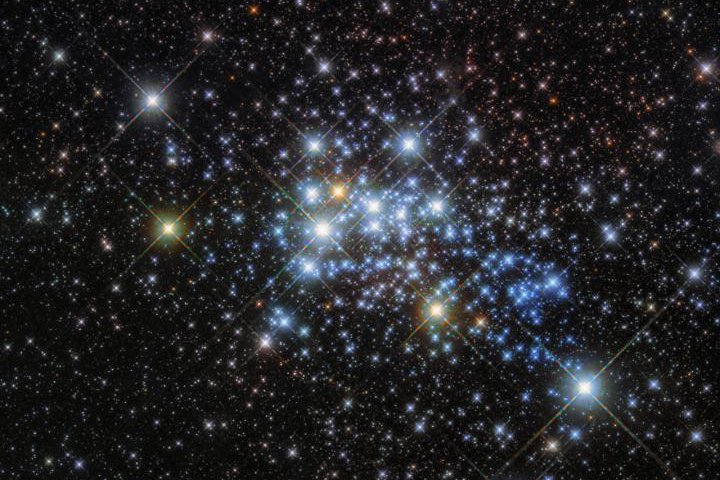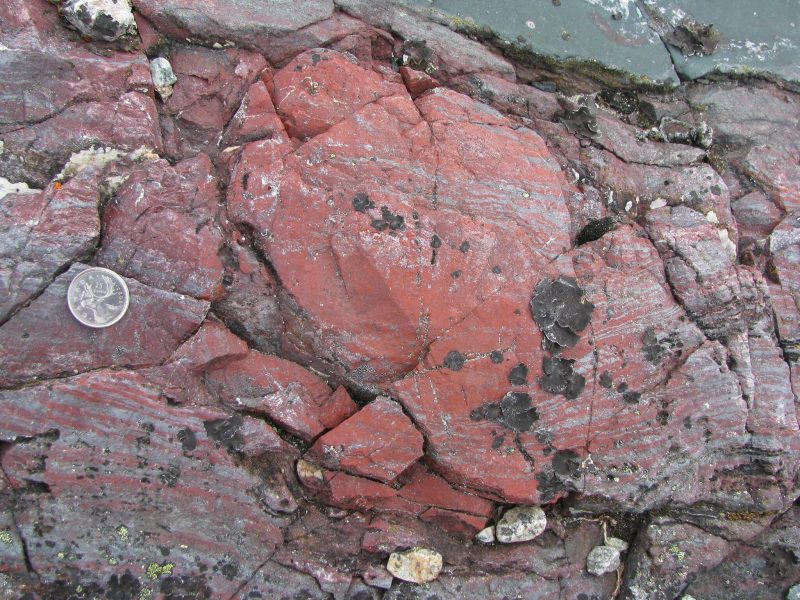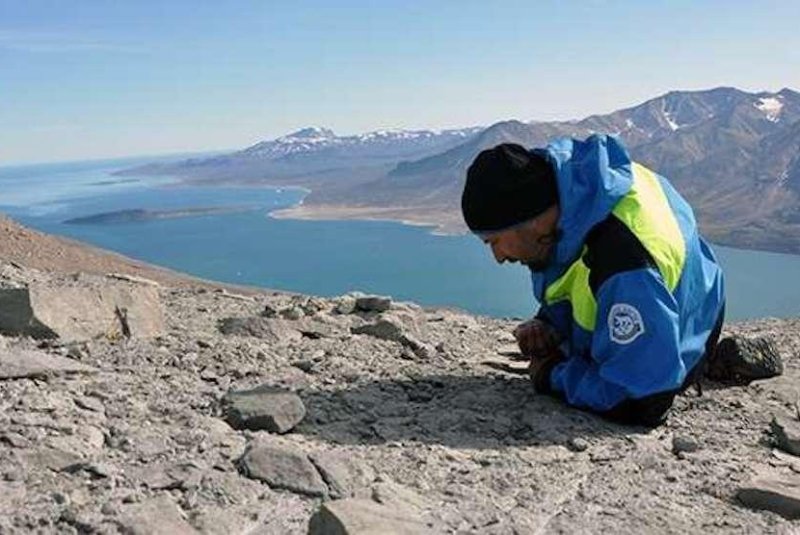 This Earth Day, April 22, Earth Day Network and the March for Science are co-organizing a rally and teach-in on the National Mall in Washington, D.C. The day’s program will include speeches and trainings with scientists and civic organizers, musical performances, and a march through the streets of Washington, D.C. The crowd will gather at 8:00am, and the teach-in will begin at 09:00am.
This Earth Day, April 22, Earth Day Network and the March for Science are co-organizing a rally and teach-in on the National Mall in Washington, D.C. The day’s program will include speeches and trainings with scientists and civic organizers, musical performances, and a march through the streets of Washington, D.C. The crowd will gather at 8:00am, and the teach-in will begin at 09:00am.
This Earth Day, join the effort to defend the vital public service role science plays in our communities and our world.
Science serves all of us.
TVNL Comment: Got Polio? Got Smallpox? Me neither. Thank Science!!!

 Science Glance
Science Glance NASA scientists have gotten a closer look at one of the largest stars ever discovered in a super star cluster, thanks to images from the Hubble Space Telescope.
NASA scientists have gotten a closer look at one of the largest stars ever discovered in a super star cluster, thanks to images from the Hubble Space Telescope. Tiny, tubular structures uncovered in ancient Canadian rocks could be remnants of some of the earliest life on Earth, scientists say.
Tiny, tubular structures uncovered in ancient Canadian rocks could be remnants of some of the earliest life on Earth, scientists say. Some 252 million years ago, the planet suffered the most catastrophic mass extinction event in its 4.5 billion-year history.
Some 252 million years ago, the planet suffered the most catastrophic mass extinction event in its 4.5 billion-year history.






























